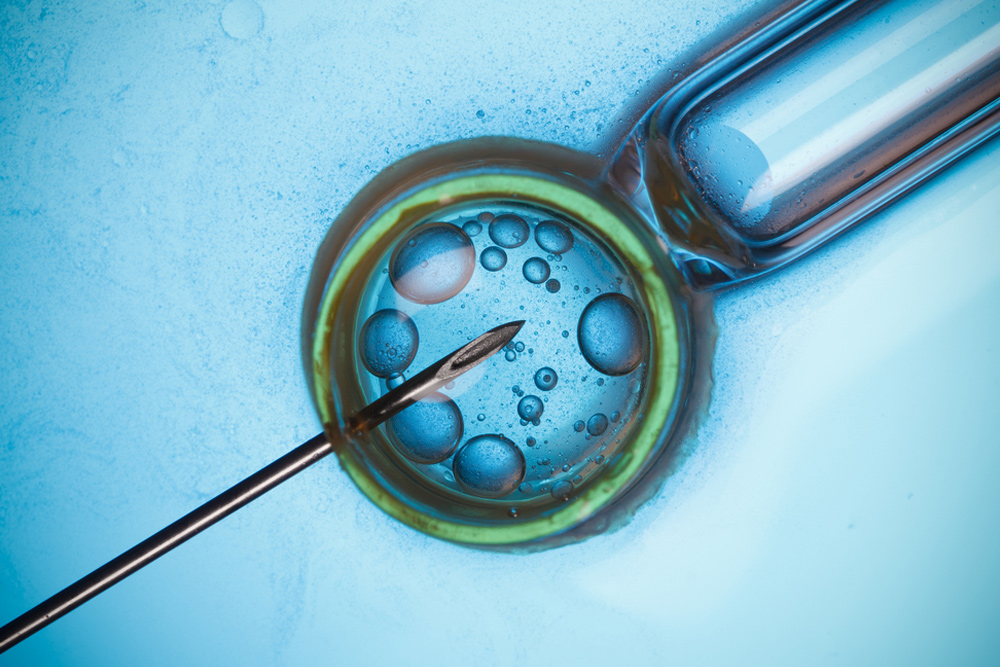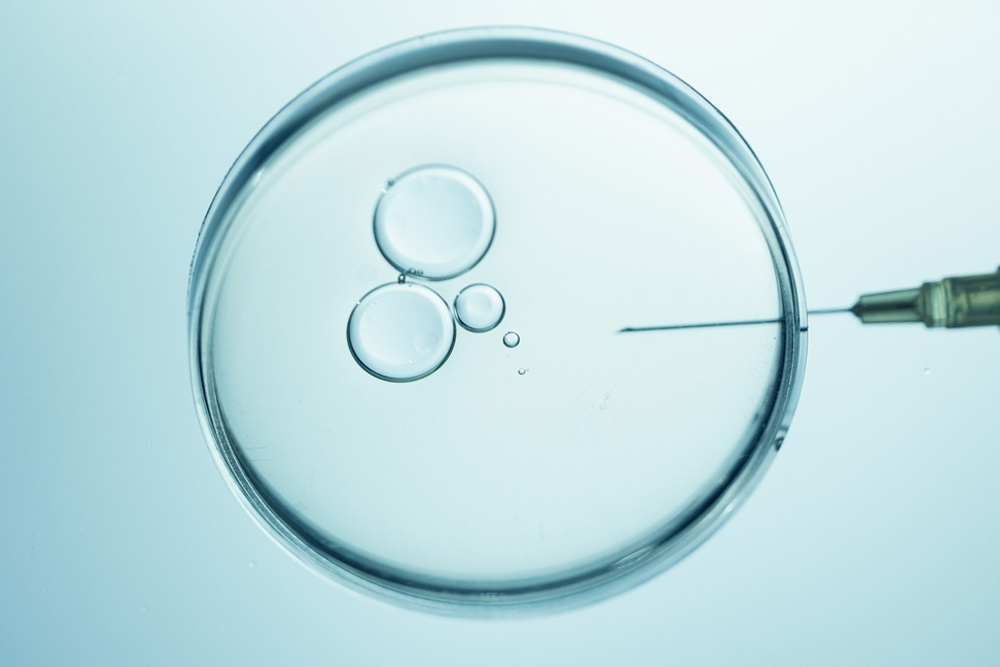Infertility can be an emotionally challenging journey for many couples, but advancements in medical science, particularly Assisted Reproductive Technologies (ART), have made parenthood more accessible. One such revolutionary treatment is Intracytoplasmic Sperm Injection (ICSI), a specialized form of in-vitro fertilization (IVF). Sai Fertility Centre and Hospital, located in Chengalpattu, provides state-of-the-art fertility treatments, including ICSI, to help couples achieve their dreams of having a family.
ICSI (Intracytoplasmic Sperm Injection) is an advanced fertility treatment where a single sperm is directly injected into an egg to facilitate fertilization. It is typically used in cases where traditional IVF treatments might not be effective, particularly for those experiencing male factor infertility. Unlike traditional IVF, where eggs and sperm are left to fertilize in a petri dish, ICSI provides more control over the fertilization process by manually introducing sperm to the egg.

The ICSI process is relatively straightforward but requires precision and expertise. Here's a breakdown of the treatment process:
The female partner undergoes hormone injections to stimulate the ovaries to produce multiple eggs. This increases the chances of successful fertilization and pregnancy.
Once the eggs are mature, they are retrieved from the ovaries using a minimally invasive procedure called transvaginal ultrasound aspiration. This is typically performed under mild sedation.
On the same day as the egg retrieval, a sperm sample is collected from the male partner or a sperm donor. In cases where sperm is not present in the ejaculate, surgical sperm retrieval methods such as Testicular Sperm Aspiration (TESA) or Percutaneous Epididymal Sperm Aspiration (PESA) may be used.
A single, healthy sperm is injected directly into each egg using a fine needle. This precise technique bypasses several barriers to fertilization.
After fertilization, the eggs develop into embryos in a controlled laboratory environment. The embryos are monitored for several days to assess their growth and quality.
The best-quality embryos are selected and transferred into the uterus, where they have the potential to implant and result in pregnancy.
After about two weeks, a pregnancy test is performed to determine the success of the treatment.

ICSI is particularly beneficial for individuals and couples who face the following challenges:
At Sai Fertility Centre and Hospital, Chengalpattu, we are committed to providing high-quality fertility care with personalized treatment plans tailored to each patient’s unique needs. Here’s why our centre is recognized as the best fertility centre in Chengalpattu:
Our highly experienced fertility specialists, embryologists, and nurses have extensive expertise in ART treatments, including ICSI. They are dedicated to offering compassionate care and support throughout your fertility journey.
We use advanced laboratory techniques and cutting-edge equipment to ensure the highest possible success rates for our patients.
Every couple’s fertility journey is unique, and we provide individualized treatment plans that are designed to maximize the chances of successful conception.
Apart from ICSI, we offer a wide range of fertility treatments including IVF, egg and sperm donation, cryopreservation, and more. This makes us a one-stop destination for all fertility-related needs.
Our clinic takes a holistic approach to fertility treatment by focusing not only on medical aspects but also on emotional and psychological support. We offer counseling services to help couples navigate the emotional challenges that often accompany infertility.
We believe that everyone deserves the opportunity to build a family. Our fertility treatments, including ICSI, are competitively priced, making us one of the most affordable fertility centres in Chennai and Chengalpattu.
Here’s a closer look at essential topics related to ICSI treatment that can provide a deeper understanding:
Exploring how low sperm count, motility, and other male factors can affect fertility and how ICSI addresses these issues.
A detailed comparison between ICSI and traditional IVF to understand their differences, advantages, and when each treatment is appropriate.
Insight into how embryologists at Sai Fertility Centre use their expertise to enhance the success rates of ICSI treatments.
Guidelines on post-ICSI care, including what to expect after the embryo transfer and how to support your body during early pregnancy.
The importance of psychological support during the ICSI process and how counseling services can help manage the emotional aspects of fertility treatments.
ICSI treatment has proven to be a highly successful fertility treatment for couples facing male infertility, failed IVF cycles, or unexplained fertility issues. At Sai Fertility Centre and Hospital in Chengalpattu, our expert team offers cutting-edge ICSI treatment with personalized care, making us one of the best fertility centre in Chennai and Chengalpattu. If you’re looking for a compassionate, experienced team to guide you through your fertility journey, we’re here to help.
Are you ready to take the next step in your fertility journey? Contact Sai Fertility Centre and Hospital today to schedule a consultation with our experienced fertility specialists. Whether you’re considering ICSI treatment or looking for more information about your fertility options, we’re here to support you every step of the way. Call us at [Insert Phone Number] or visit our website to learn more about our services and how we can help you achieve your dream of parenthood
Find answers to commonly asked questions about ICSI treatment and what to expect during the process.
Make an appointment Make an appointmentIntracytoplasmic Sperm Injection (ICSI) is a specialized form of IVF where a single sperm is directly injected into an egg to assist fertilization. This technique is used to overcome male infertility issues and increase the chances of successful conception.
ICSI is recommended when there are issues with sperm quality, such as low sperm count, poor motility, or abnormal morphology. It is also used when previous IVF cycles have failed or when donor eggs or sperm are involved.
The key steps in ICSI include ovarian stimulation, egg retrieval, sperm collection, ICSI injection, embryo culture, embryo transfer, and pregnancy testing. Each step is designed to maximize the chances of successful fertilization and implantation.
Unlike traditional IVF, where sperm and egg are combined naturally in the lab, ICSI involves directly injecting a single sperm into an egg. This method is often used to address severe male infertility issues and can increase the chances of successful fertilization.
After ICSI, you will undergo a pregnancy test approximately two weeks later. If successful, follow-up care will include monitoring the pregnancy through regular ultrasounds and medical consultations to ensure proper development.
Potential risks and side effects of ICSI include ovarian hyperstimulation syndrome, multiple pregnancies, and procedure-related discomfort. It is important to discuss these risks with your fertility specialist to understand how they may affect you.